Nearly all of the country has received more than its normal share of rainfall over the past week, but the northwest has been really hammered.
The forecast for the next few days is for more scattered showers.
While the amount of rainfall will be smaller, no real drying opportunities will exist and this is a problem, especially as daylight hours are decreasing.
From a management point of view, farmers can only work with the weather and soil type that they are given.
Moving cows and youngstock every 12 hours will be necessary on many farms in the worst-affected areas to prevent damage. Grass dry matters are low and animals are unhappy.
Consider going in with meal to calves, if not already doing so. Try and site troughs on roadways or in a crush to prevent poaching.
Many farmers are waiting for the weather to improve to cut second-cut silage and surplus paddocks.
A window might present itself at the weekend, but if land is wet this will need to dry out first. Avoid doing damage if possible.
On the plus side, growth rates are good – well ahead of normal, as the weather while wet, is still warm. So grass is building up on many farms easily enough.
The target for this week is to be at an average farm cover of 280-300kg/cow, depending on stocking rate. Rotation length should be between 25 and 30 days.
After all the wet and humid weather, lungworm issues are likely to be a problem.
There are already anecdotal reports that it is affecting herds. It is caused when lungworm larvae are ingested while grazing and they make their way to the lungs, where they grow into adults and cause long-term damage.
The signs are a deep cough or hoose. Infected animals can get sick very quickly and can die if untreated, either from the lungworm itself or secondary infection, such as pneumonia or IBR.
Doses for dairy cows are available, but make sure that the product used has zero milk withdrawal. For farms that don’t have a history of lungworms, pay close attention to signs of coughing.
Read more
Easy steps to counteract lameness
In pictures: farm brings taste of New Zealand to Staffordshire
Nearly all of the country has received more than its normal share of rainfall over the past week, but the northwest has been really hammered.
The forecast for the next few days is for more scattered showers.
While the amount of rainfall will be smaller, no real drying opportunities will exist and this is a problem, especially as daylight hours are decreasing.
From a management point of view, farmers can only work with the weather and soil type that they are given.
Moving cows and youngstock every 12 hours will be necessary on many farms in the worst-affected areas to prevent damage. Grass dry matters are low and animals are unhappy.
Consider going in with meal to calves, if not already doing so. Try and site troughs on roadways or in a crush to prevent poaching.
Many farmers are waiting for the weather to improve to cut second-cut silage and surplus paddocks.
A window might present itself at the weekend, but if land is wet this will need to dry out first. Avoid doing damage if possible.
On the plus side, growth rates are good – well ahead of normal, as the weather while wet, is still warm. So grass is building up on many farms easily enough.
The target for this week is to be at an average farm cover of 280-300kg/cow, depending on stocking rate. Rotation length should be between 25 and 30 days.
After all the wet and humid weather, lungworm issues are likely to be a problem.
There are already anecdotal reports that it is affecting herds. It is caused when lungworm larvae are ingested while grazing and they make their way to the lungs, where they grow into adults and cause long-term damage.
The signs are a deep cough or hoose. Infected animals can get sick very quickly and can die if untreated, either from the lungworm itself or secondary infection, such as pneumonia or IBR.
Doses for dairy cows are available, but make sure that the product used has zero milk withdrawal. For farms that don’t have a history of lungworms, pay close attention to signs of coughing.
Read more
Easy steps to counteract lameness
In pictures: farm brings taste of New Zealand to Staffordshire




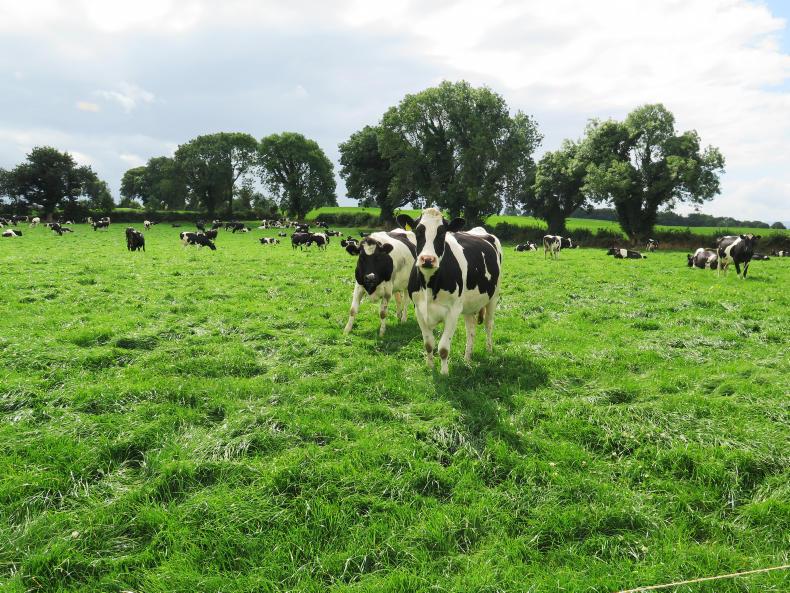
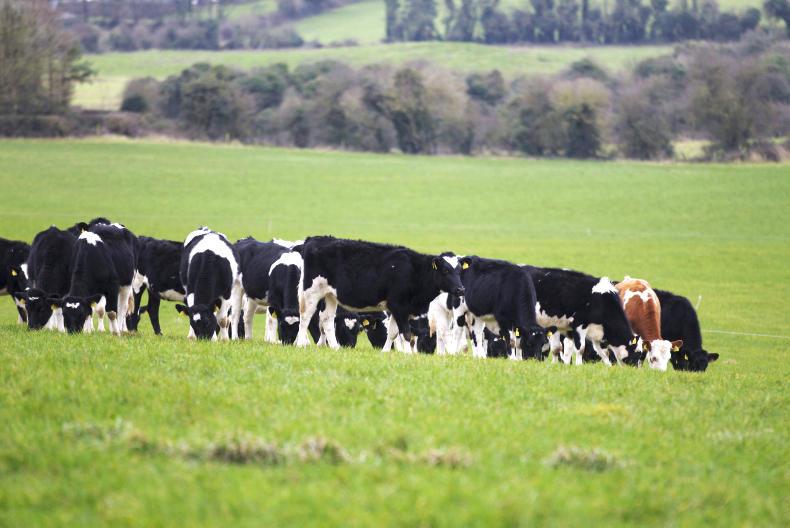

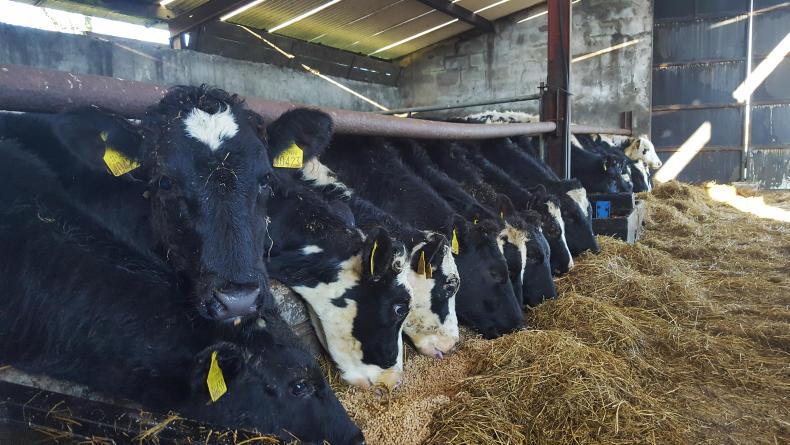
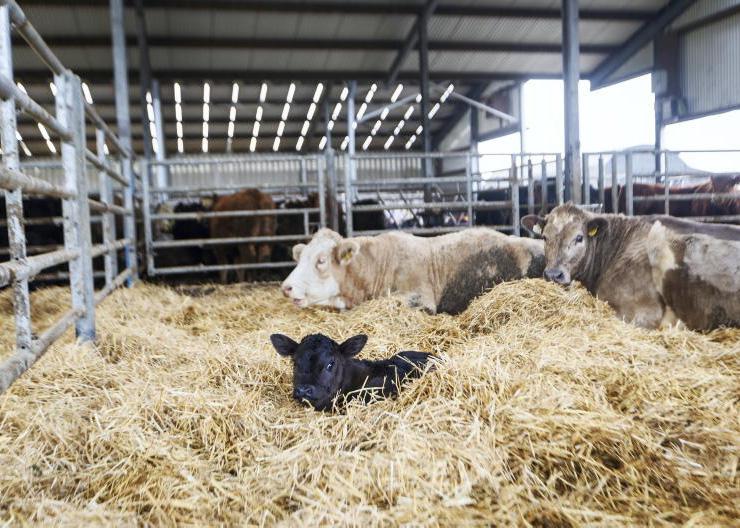
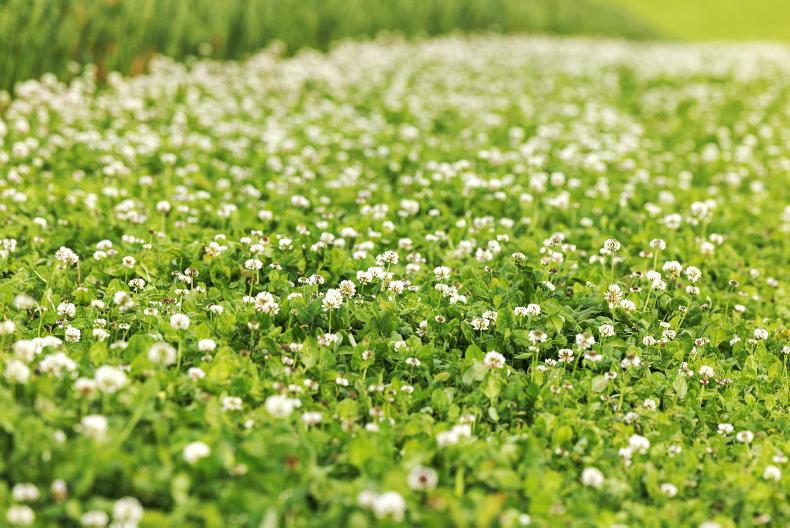
SHARING OPTIONS